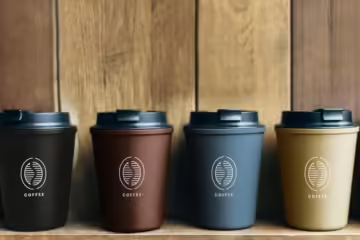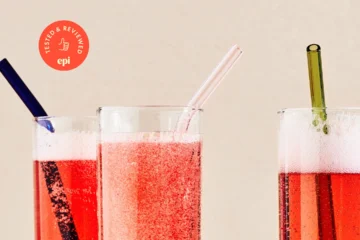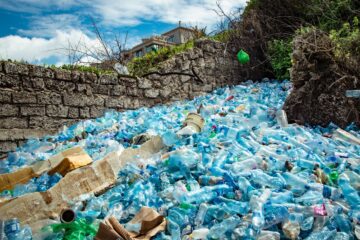Single use plastic, or disposable plastic, are used only once before being thrown into a garbage or recycling bin. They may be easy and convenient, but they create long term issues. Did you know that plastic takes roughly 450 years to decompose? Or that billions of pieces of plastic are congesting our oceans and rivers, all the while piling up on land? Researchers predict that by the year 2050, there will be 12 billion tonnes of plastic waste in the natural environment.
Invest in products that can be reused multiple times in order to avoid purchasing single use plastic. Instead of using Ziploc bags, bring your lunch to work in a Tupperware container.
As opposed to purchasing large quantities of plastic water bottles, buy a reusable bottle that can be refilled throughout the day. Keep reusable cloth bags in your car to avoid using grocery bags after shopping. Bring a coffee mug to work instead of buying a new cup every morning. The possibilities are endless!
The single-use plastic problem originates from large corporations mass-producing plastic. If people spread the word on social media, large businesses may be influenced to find greener alternatives.
Consumers’ wants and needs drive what companies manufacture and sell. You have a voice, use it to stop the production of single-use plastic. Also, don’t forget to support companies that are sustainable and advocate for the environment.
Giving priority to reusable products is essential for both environmental well-being and cost efficiency. Companies such as Seed & Sprout which encourage customers to buy reusable items or bring their own bags, cups, or containers can reduce expenses related to single use plastic products, such as supplies and storage. This not only benefits the businesses but also enables shoppers to avoid additional charges for disposable bags or containers.
The use of cotton and non-woven polypropylene shopping bags is becoming more prevalent, along with the popularity of reusable alternatives such as portable plastic and stainless steel bottles, cups, and tableware. Furthermore, reusability is increasingly feasible for personal hygiene items, exemplified by products like silicone menstrual cups and cloth nappies.







